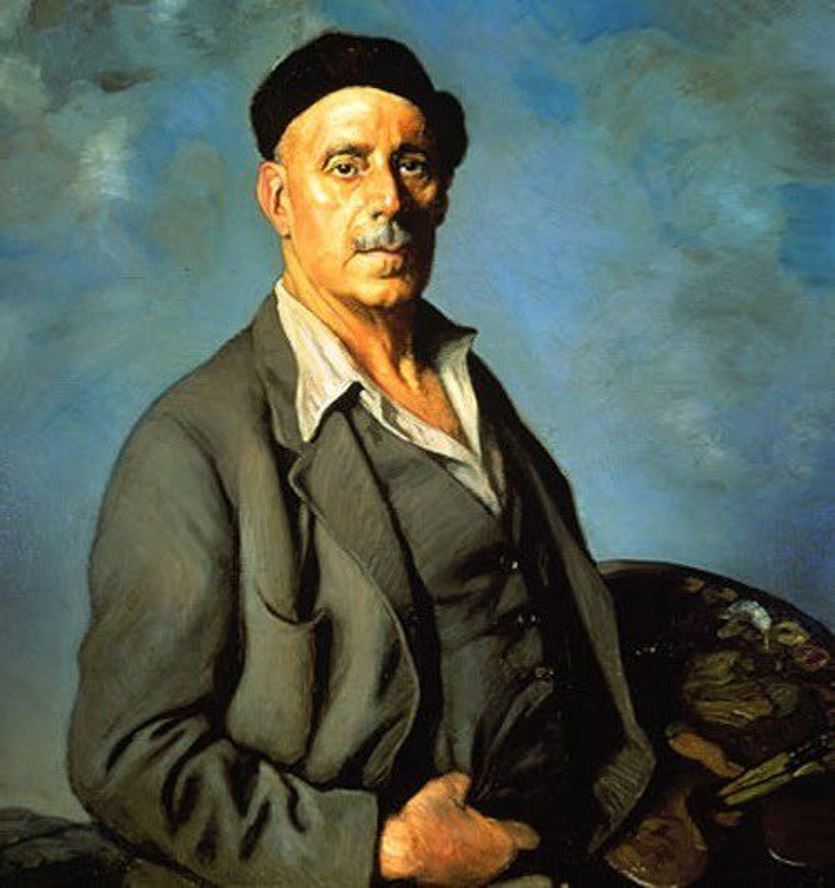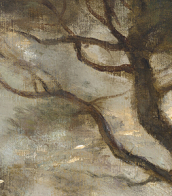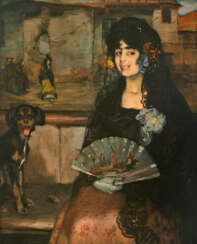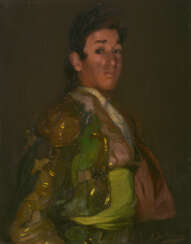игнасио сулоага (1870 - 1945)

Ignacio Zuloaga Zabaleta was a Spanish painter.
At the age of 18, Ignacio came to Paris, first attending the Free Academy and then the Academy of La Palette, becoming acquainted with the leading Impressionist painters. Over time, Zuloaga developed a style based on the realist Spanish tradition and in the characteristic gloomy style inherited from Ribera and Goya, wrote bullfighters and flamenco dancers. He was generally a great admirer of bullfighting and often depicted it, as well as Spanish landscapes, domestic scenes and portraits.
In 1893, Zuloaga, along with other young Basque society members, founded the Curding Club, also known as The Desk, in Bilbao. In April 1895, the Paris gallery Le Barc de Bouteville exhibited six of his works painted in Andalusia, where the artist enjoyed living and working very much. His painting changed, and Ignacio Zuloaga's paintings reflecting a cheerful, folkloric Spain attracted critical acclaim.
During his career, Zuloaga received various awards and honors both nationally and internationally. Critics in Paris called him "the last great master of the Spanish school of painting".


Ignacio Zuloaga Zabaleta was a Spanish painter.
At the age of 18, Ignacio came to Paris, first attending the Free Academy and then the Academy of La Palette, becoming acquainted with the leading Impressionist painters. Over time, Zuloaga developed a style based on the realist Spanish tradition and in the characteristic gloomy style inherited from Ribera and Goya, wrote bullfighters and flamenco dancers. He was generally a great admirer of bullfighting and often depicted it, as well as Spanish landscapes, domestic scenes and portraits.
In 1893, Zuloaga, along with other young Basque society members, founded the Curding Club, also known as The Desk, in Bilbao. In April 1895, the Paris gallery Le Barc de Bouteville exhibited six of his works painted in Andalusia, where the artist enjoyed living and working very much. His painting changed, and Ignacio Zuloaga's paintings reflecting a cheerful, folkloric Spain attracted critical acclaim.
During his career, Zuloaga received various awards and honors both nationally and internationally. Critics in Paris called him "the last great master of the Spanish school of painting".




